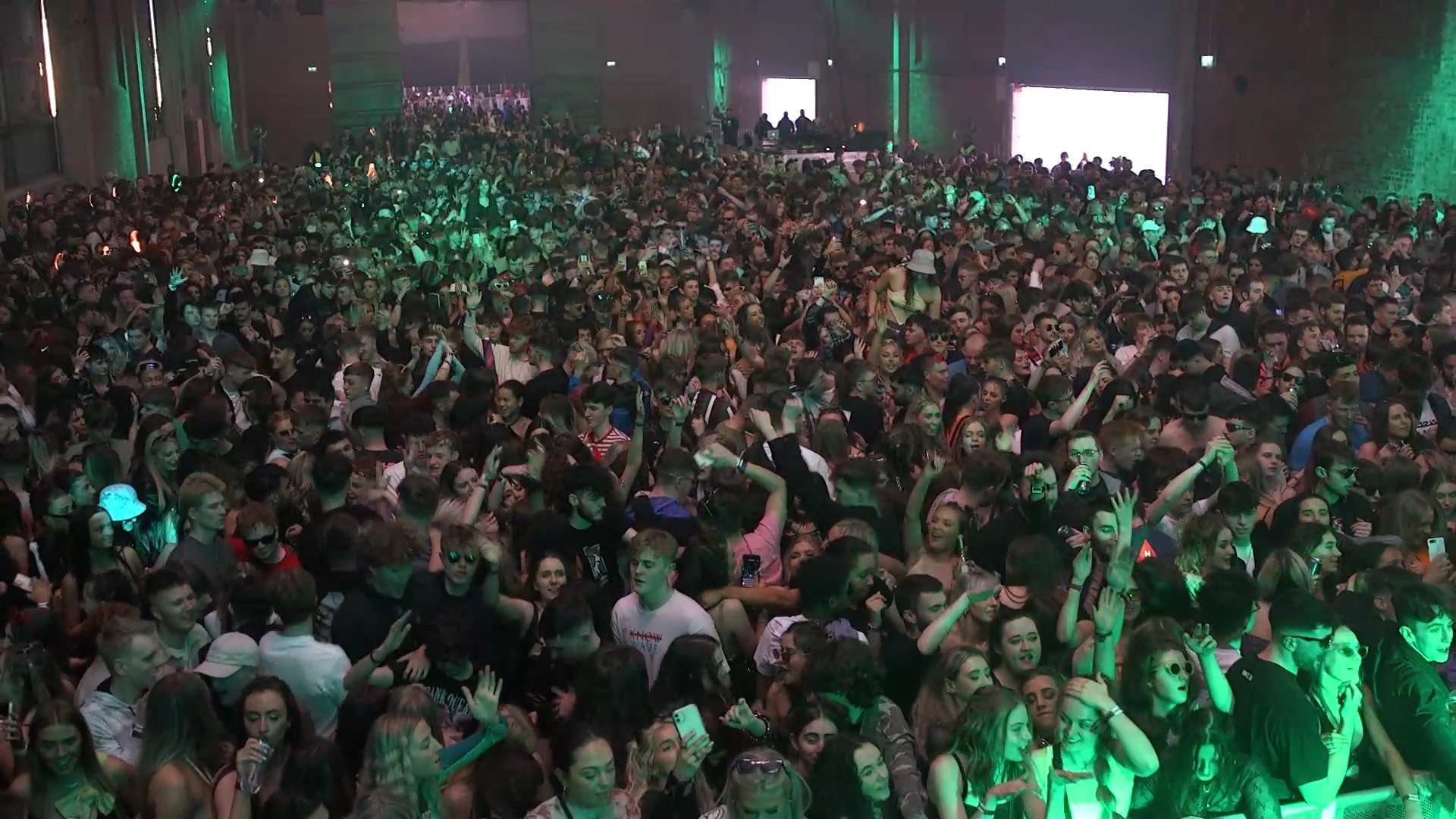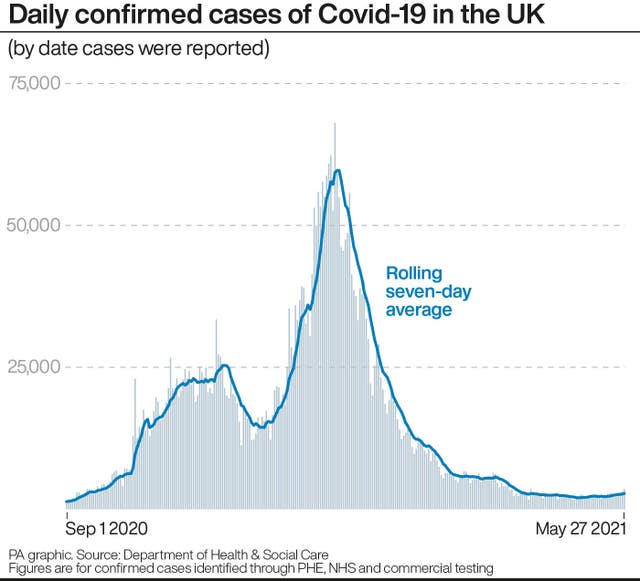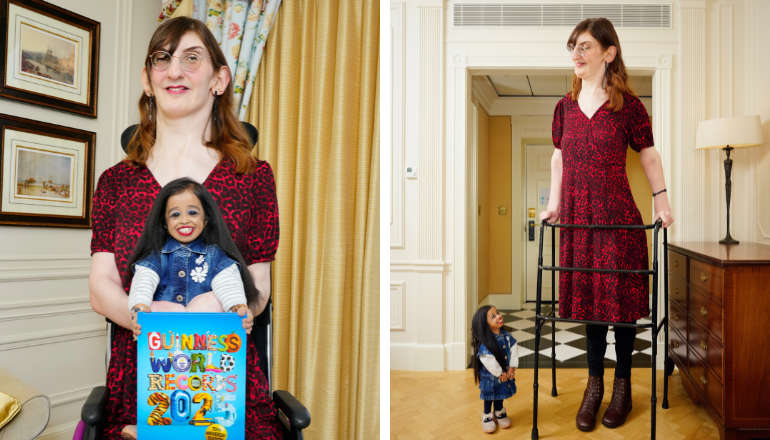
Researchers report that there were no cases of coronavirus after a randomised controlled trial at a live concert in Spain but called for more studies.
Early evidence suggests indoor music events can take place without increasing the risk of coronavirus transmission.
The first randomised controlled trial to assess the impact of comprehensive Covid-19 safety measures at a live indoor concert in Spain reports no cases of virus transmission.
Safety precautions included attendees taking same-day lateral flow tests before entry, mandatory N95 mask wearing, enhanced ventilation, and crowd control.
But there was no requirement for social distancing, and participants were allowed to sing and dance at the event.
The study was conducted in Barcelona, Spain, on December 12 last year when the prevalence of coronavirus infections in the region was low to intermediate (221 cases per 100,000 people).
Researchers noted the number of new infections resulting from the event would therefore have been expected to be low.
At the time, local travel restrictions were in place, indoor meetings were limited to six people, and Covid-19 vaccines were not yet available.
The study’s lead author, Dr Josep Llibre, of the Germans Trias i Pujol University Hospital, Spain, said: “Our study provides early evidence that indoor music events can take place without raising the risk of SARS-CoV-2 transmission when comprehensive safety measures are in place, but it is important that our findings are considered in light of the situation in Spain at the time – when cases were not high and many restrictions were in place.
“As a result, our study does not necessarily mean that all mass events are safe.”
He added: “The conditions of the pandemic are constantly shifting.
“Widespread vaccination campaigns, changes in local incidence and the emergence of Sars-CoV-2 variants with higher transmissibility could all impact the interventions we tested, so we need more studies including larger numbers of people that explore different scenarios and policies that take into consideration the local context.”
In the UK spectators have attended a series of scientific pilot events as part of the Government’s Events Research programme.
This has included crowds at a number of sporting events and indoor music events.
Experts will use the results from these pilots to help inform the Government’s plan to safely get big crowds back this summer.
In the study, published in The Lancet Infectious Diseases journal, researchers carried out a controlled experiment to see if mass testing on entry using lateral flow tests, alongside other preventive measures aimed at blocking transmission, could successfully be done.
Around 1,000 people aged between 18 and 59 took part in the study.
Those who had tested positive for the virus or been in contact with a positive case in the previous two weeks, had pre-existing health conditions that are known risk factors for severe Covid-19, or were living with older people at the time of the study, were excluded.
Around half were randomly allocated to attend the event (465), with the other half asked to return home to their regular lives (495).
All participants, including those who did not attend the event, were visited by a healthcare professional eight days after the event for collection of a second swab from the back of the nose and throat for another test.
The event lasted five hours and attendees spent an average of two hours and 40 minutes inside the venue.
Drinks, including alcohol, were served in a separate bar room and there was a smoking area outside with controlled capacity and physical distancing.

Everyone who took part in the study was required to install two smartphone apps – one contact tracing app to capture close contacts of people who may have become infected during the concert, and a separate app to receive confidential test results.
The second app was used to complete health questionnaires before and 10 days after the event, as well as a satisfaction survey for those who attended the event.
None of the people who attended tested positive for the virus eight days after the event, compared with two people from the control group.
The authors noted that the comprehensive safety measures in place during their event may be cost-prohibitive for some venues.
Additionally, testing thousands of people within a few hours before a mass gathering event poses logistical challenges.
Another potential limitation of the study is that participants may have modified their behaviour during the event due to their awareness of being observed.
However, in the post-event questionnaire, all participants reported behaving normally during the event and did not feel under the scrutiny of security controls.

 World's Tallest And Shortest Women Meet For First Time To Celebrate Guinness World Records Day 2024
World's Tallest And Shortest Women Meet For First Time To Celebrate Guinness World Records Day 2024
 Shannen Doherty: Beverly Hills, 90210 Star Dies Aged 53
Shannen Doherty: Beverly Hills, 90210 Star Dies Aged 53
 Olivia Dean, Chaka Khan, Terence Trent D’Arby And Dionne Warwick Confirmed For Star-Studded Love Supreme
Olivia Dean, Chaka Khan, Terence Trent D’Arby And Dionne Warwick Confirmed For Star-Studded Love Supreme
 Boom Shakes The Room — Explosion of Colour And Happy Vibes At Spellbinding Gathering
Boom Shakes The Room — Explosion of Colour And Happy Vibes At Spellbinding Gathering
 Struggling To Sleep? New Research Names The Movies That Will Help
Struggling To Sleep? New Research Names The Movies That Will Help
Comments
Add a comment